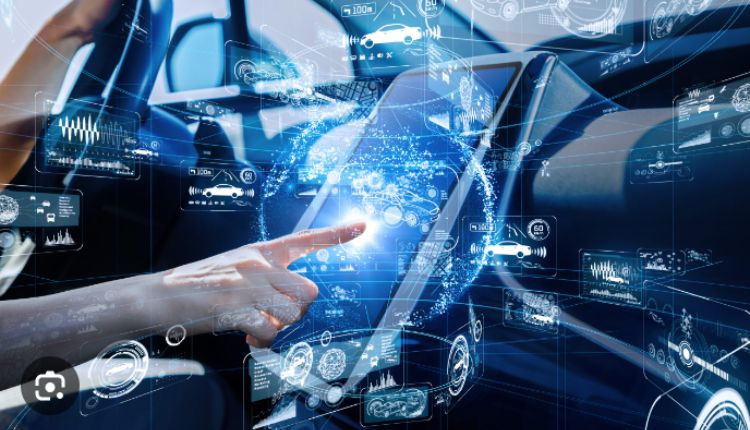Introduction
Technology has become an integral part of our daily lives, revolutionizing the way we communicate, work, learn, and interact with the world around us. From the advent of computers and the internet to the rise of smartphones, artificial intelligence, and the Internet of Things (IoT), technological advancements continue to shape and transform society. In this article, we explore the multifaceted impacts of technology, from its influence on industries and healthcare to its role in education, entertainment, and beyond. We delve into the benefits, challenges, and the potential future of technology in our rapidly evolving world.
Enhancing Communication and Connectivity
Technology has dramatically improved communication and connectivity on a global scale. With the advent of the internet, email, social media, and messaging applications, people can connect and communicate instantly, breaking down barriers of time and distance. Platforms like video conferencing and virtual collaboration tools have revolutionized remote work and made it easier to collaborate across borders. Additionally, the proliferation of smartphones has made communication and access to information more accessible to a broader population, bridging the digital divide.
Transforming Industries and Economies
Technology has disrupted and transformed various industries, revolutionizing the way businesses operate and creating new economic opportunities. Automation, robotics, and machine learning have improved manufacturing processes, increasing efficiency and productivity. E-commerce platforms have revolutionized retail, enabling businesses to reach global markets and providing consumers with greater convenience and choice. The gig economy, enabled by technology platforms, has opened up new avenues for flexible work arrangements. Furthermore, technology has empowered entrepreneurs, facilitating the growth of startups and innovation in diverse sectors.
Empowering Healthcare and Well-being
Advancements in technology have had a profound impact on healthcare and well-being. Electronic health records (EHRs) have streamlined patient information management, improving the efficiency and accuracy of medical care. Telemedicine and remote monitoring technologies have extended healthcare access to remote areas and enabled virtual consultations, improving patient outcomes and reducing healthcare costs. Medical imaging technologies, such as MRI and CT scans, have advanced diagnostics and treatment planning. Wearable devices and health tracking apps have empowered individuals to monitor their fitness levels and manage their well-being. Moreover, breakthroughs in genetic engineering, regenerative medicine, and precision medicine hold the promise of personalized and targeted treatments.
Education and Lifelong Learning
Technology has transformed the landscape of education, making learning more accessible, interactive, and personalized. Online learning platforms and Massive Open Online Courses (MOOCs) have democratized education, allowing people from all walks of life to access quality learning resources. Digital tools and applications have enhanced classroom experiences, fostering interactive and engaging learning environments. Virtual reality (VR) and augmented reality (AR) technologies have created immersive learning experiences, making complex concepts more tangible. Lifelong learning has also been facilitated through easily accessible educational content, enabling individuals to upskill and adapt to the ever-changing demands of the workforce.
Challenges and Ethical Considerations (100 words): While technology brings numerous benefits, it also presents challenges and ethical considerations. Privacy and data security issues arise with the increasing collection and use of personal information. The potential for job displacement due to automation raises concerns about unemployment and inequality. Ethical dilemmas surrounding the use of emerging technologies like artificial intelligence and biotechnology require careful consideration. Additionally, ensuring equal access to technology and bridging the digital divide remain significant challenges to ensure inclusivity and equitable progress.
Conclusion (100 words): Technology has undeniably transformed our world, driving progress, and innovation across various domains. It has improved communication, transformed industries, empowered healthcare, revolutionized education, and brought convenience and connectivity to our fingertips. While challenges and ethical considerations exist, technology holds immense potential to shape a better future.
